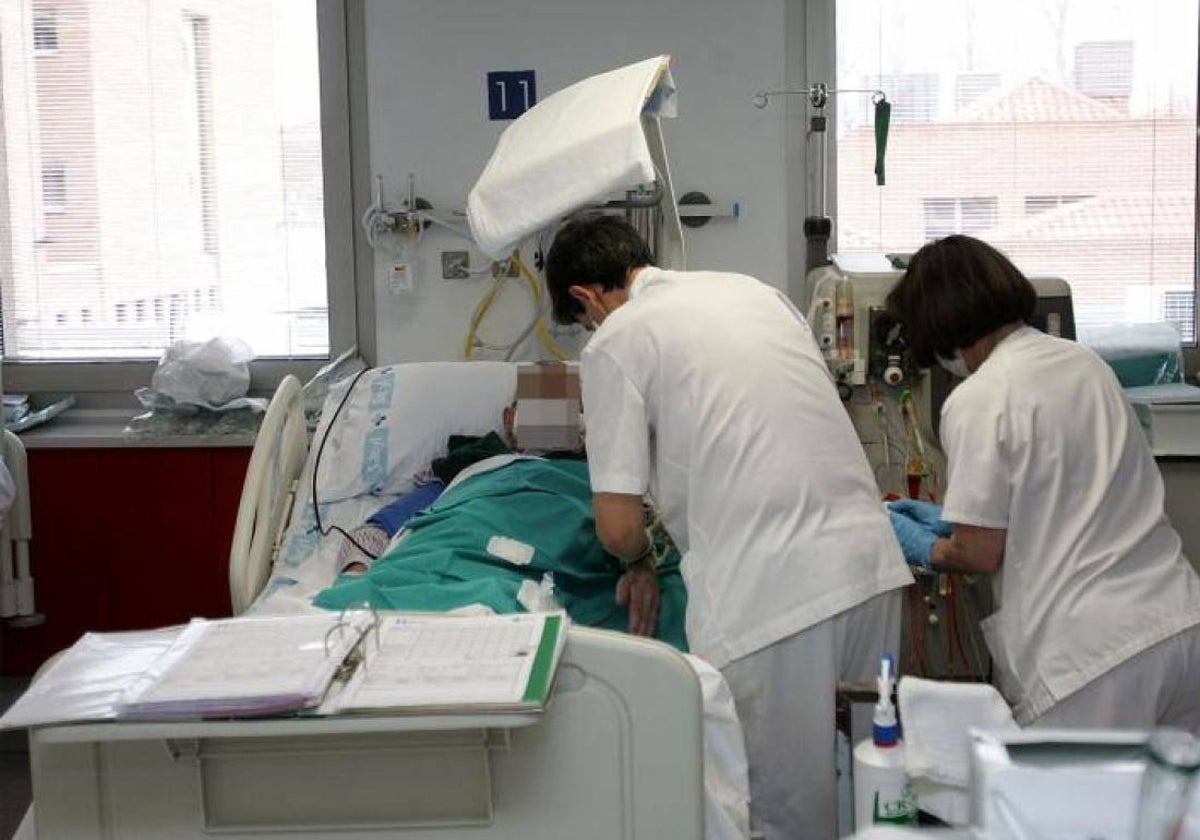More than 400 nurses have left Malaga to work in other provinces in last 16 months
The Balearic Islands, Catalonia, and Madrid are the preferred destinations for these healthcare professionals, and although salaries are not much higher than in Andalucía there is more job security
Today (Monday 12 May) was International Nurses Day, but many of the health professionals in Malaga are experiencing difficulties finding work and good contracts that respect the level of expertise they have, according to the president of the Malaga's Colegio de Enfermería (college of nursing), José Miguel Carrasco. The average duration of a contract is one month and there are too few positions for the number of students who finish their degree at the Faculty of Health and Sciences of the University of Malaga or at the University Centre of Nursing in Ronda. Shortage prompts many professionals to leave the province and try their luck in other regions.
Carrasco has stated that, between 1 January and 30 April 2025, 150 nurses have left Malaga to work in other provinces and regions, while the number of departures in 2024 was 263. Both figures add up to 413 professionals.
"Right now, nurses have poor expectations of the Andalusian health service (SAS) contracts for the summer, as they are being issued in dribs and drabs and most are highly temporary, usually for no more than a month," said Carrasco. According to the college president, the Balearic Islands, Catalonia and Madrid are the destinations preferred by nurses. Although salaries are not much higher than in Andalucía and Malaga, the contracts are longer and many of these professionals are looking for stability, especially in the first stage of their career when they are still learning.
There is also an unknown number of nurses who choose to move abroad. "Right now, Norway is the country that offers them the best working conditions," Carrasco said. "Year after year, we see that the situation remains the same. June arrives, public contracts do not come out, there are few, Malaga is at the bottom, professionals leave and it is difficult to bring them back," he stated, highlighting that there are 9,739 nurses and a total of 135 departures so far in 2025.
If the rate continues, Malaga will lose 1.125 nurses a day in 2025. Now, as we approach June, the college expects the figure to grow again due to the 120-140 professionals who complete their studies in Malaga and Ronda. "The majority opt for membership, but if there is no work, they leave the college or go to other regions," said Carrasco. He added that many of his colleagues choose the path of working for both the public and the private sectors.
More demands
Nurses also face more demands. "We want specialist nurses to be incorporated, professionals to focus on one area, pass a competitive examination and two years of training, but then there are no vacancies for them, except for midwifery (gynaecology and obstetrics) and family nursing. In the end, they end up working as general nurses. Moreover, this year Andalucía has advertised 414 vacancies in family nursing and all of them have been filled," Carrasco said.
One of the main complaints of the collective is that they are not counted on for positions of responsibility. "No administration chooses us. A professor of health sciences is not allowed to manage a health centre, despite having all qualifications on a European and academic level," Carrasco said.
Despite the protests and warnings, the Andalusian health service (SAS) reported that it has incorporated a total of 7,866 nurses into its centres across Andalucía since 2019, among other initiatives to offer work and provide health services. According to the SAS, this increase has been accompanied by labour and salary improvements.

